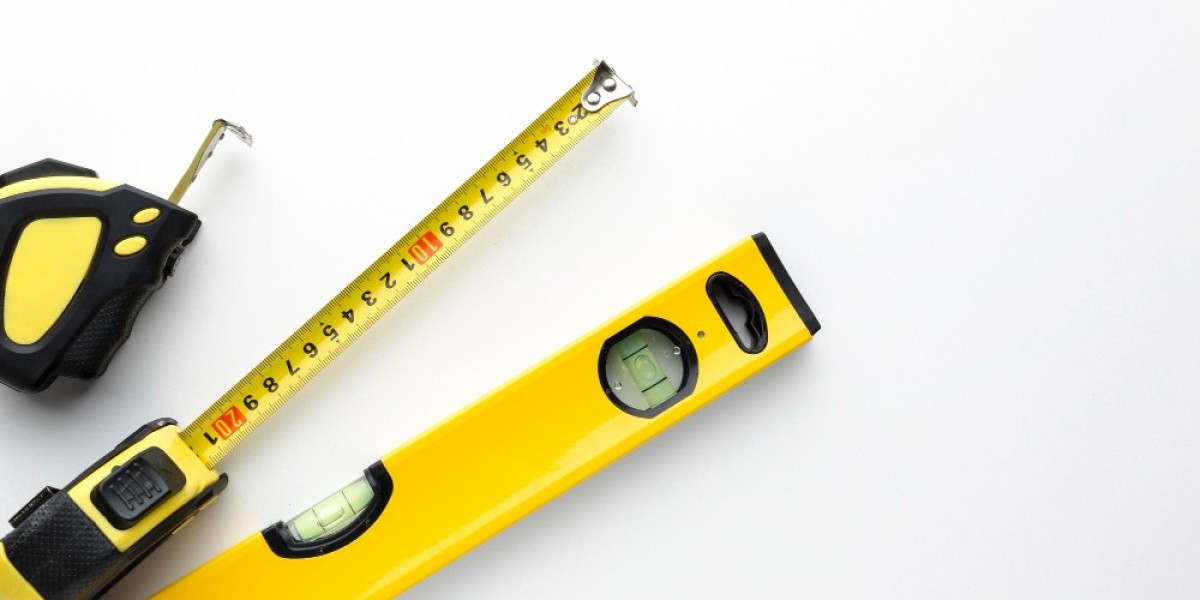Measuring tools play a crucial role in various industries, from construction and engineering to medicine and education. They provide accuracy and precision, ensuring that projects are completed correctly and efficiently. In this blog, we will explore different types of measuring tools, their uses, and why they are essential in daily life and professional fields.
Types of Measuring Tools and Their Uses
1. Linear Measurement Tools
Linear measuring tools are used to measure length, width, and height. Common examples include:
Ruler: A basic tool used for measuring short distances, available in inches and centimeters.
Measuring Tape: Used for longer measurements, such as room dimensions or furniture sizes.
Calipers: Used for precise measurements of small objects, including external and internal diameters.
2. Angle and Level Measurement Tools
These tools help measure angles and ensure surfaces are level.
Protractor: Used in geometry and engineering to measure angles accurately.
Spirit Level: Ensures that surfaces are perfectly horizontal or vertical.
Inclinometer: Measures angles of slopes and inclines, commonly used in construction.
3. Volume and Capacity Measurement Tools
Essential in cooking, chemistry, and manufacturing, these tools measure liquid and solid volumes.
Measuring Cups and Spoons: Used in cooking and baking to ensure precise ingredient portions.
Graduated Cylinder: Used in laboratories to measure liquid volume accurately.
Volumetric Flask: Essential in chemistry for preparing precise liquid solutions.
4. Weight and Force Measurement Tools
These tools measure weight and pressure in various industries.
Weighing Scale: Measures the weight of objects and people.
Spring Balance: Measures force using a spring mechanism.
Dynamometer: Measures force, torque, and power in mechanical applications.
5. Temperature Measurement Tools
Accurate temperature readings are crucial in medicine, engineering, and food safety.
Thermometer: Measures body, air, and liquid temperatures.
Infrared Thermometer: Provides quick, contactless temperature readings.
Hygrometer: Measures humidity levels in the air.
6. Electrical Measurement Tools
Used in electronics and electrical engineering to measure voltage, current, and resistance.
Multimeter: A versatile tool that measures voltage, current, and resistance.
Clamp Meter: Measures current flow without direct contact.
Oscilloscope: Displays electrical signal variations over time.
Importance of Measuring Tools
Measuring tools ensure accuracy and consistency in various applications. Here’s why they are essential:
Precision and Efficiency: They provide exact measurements, reducing errors in projects.
Safety: In fields like construction and medicine, accurate measurements prevent hazards.
Quality Control: Industries like manufacturing rely on measuring tools to maintain high-quality standards.
Time and Cost Savings: Proper measurements reduce material wastage and increase efficiency.
Conclusion
Measuring tools are indispensable in everyday life and professional settings. Whether you are a chef, an engineer, a student, or a technician, using the right measuring tool ensures accuracy, efficiency, and quality. Investing in high-quality measuring tools will help improve performance in various tasks, making them an essential part of any toolkit.



